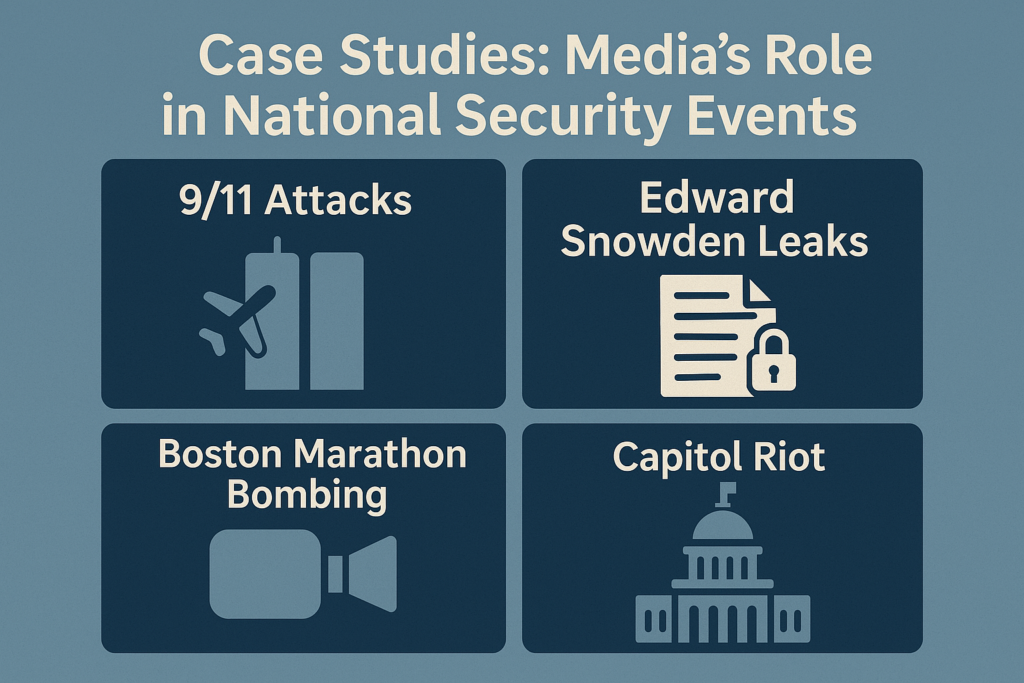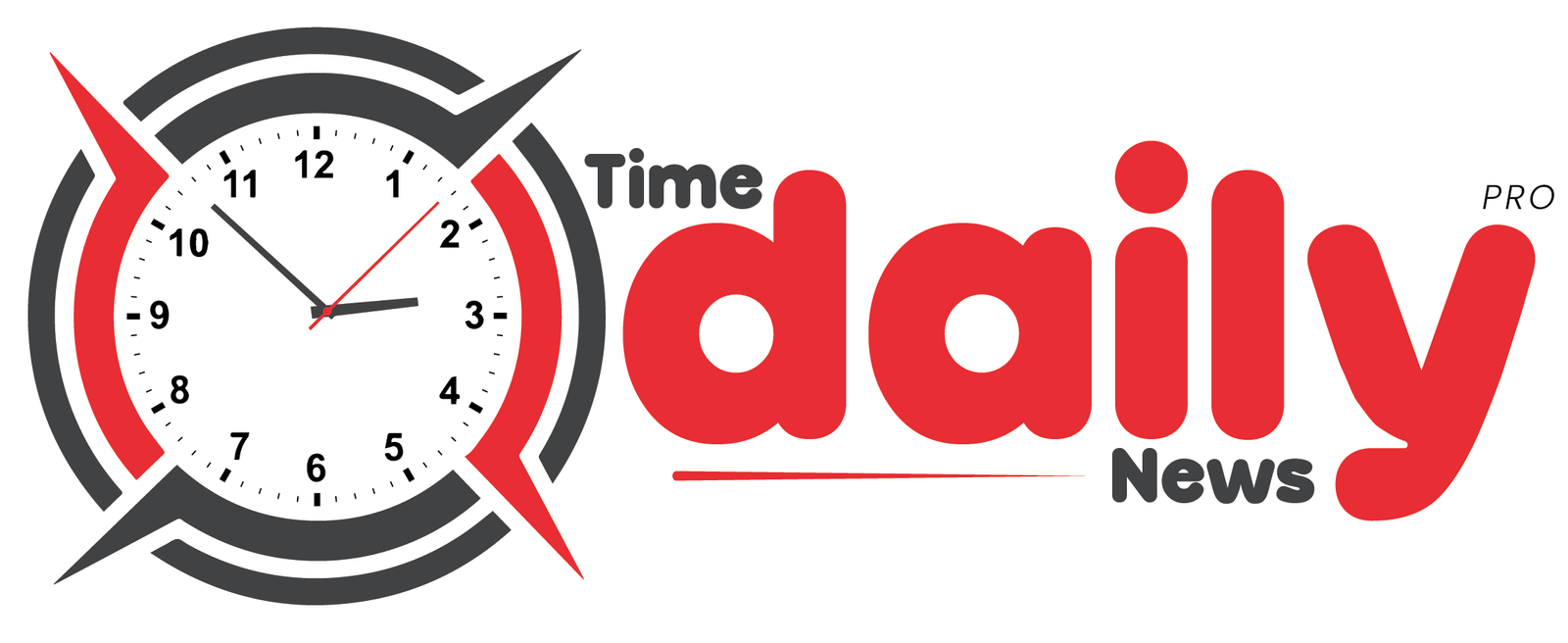In today’s digital age, the media plays an invaluable part in national security. Whether reporting global conflicts or impacting public perceptions, the media operates dual roles as informers of potential risk factors. A balance must be struck by governments, security agencies, and media institutions between press freedom and national interest. Media, their risks, responsibility, and national security strategic importance
The Role of Media in National Security
Media is a great tool that contributes to national security by various means:

- Information Dissemination – Media disseminates information about national and international security threats, thus making citizens aware.
- Public Perception and Opinion Shaping – News production plays a significant role in public sentiment and national policies.
- Crisis Communication – Particularly in emergencies, the media can offer real-time updates of information that assist governments and security agencies to respond in time and effectively.
- Investigative Journalism –, Espionage & Security Breaches – These operations strengthen national resilience against internal threats;
- Diplomatic Influence – Media is an integral part of foreign relations as it exposes issues of concern and global policies.
Risks Posed by Media to National Security

Despite its advantages, media can also be a dire threat to national security:
1. Misinformation and Fake News
Fake news and misinformation spread at blazing speed, causing panic, breaking social harmony, and provoking civil disorder. Bad actors use digital platforms to disseminate misinformation, undermining the ability of authorities to maintain stability.
2. Leaking Classified Information
Sometimes, the media leaks classified government documents inadvertently (or intentionally), undermining military operations, intelligence missions, and diplomatic strategies.
3. Terrorism and Extremism Propagation
National security concerns include the propagation and dissemination of terrorist organizations through media and social media, the recruitment of activists, the recruitment of donors, and the coordination of attacks.
4. Cybersecurity Threats
Cyberattacks are often targeted at media platforms, resulting in data leaks that can threaten national security. Hackers can also manipulate news for political destabilization.
5. Political Manipulation and Propaganda
Governments and foreign powers can use the media to exert political influence, disseminate information, and manipulate public sentiment, shaping national security considerations.
Responsibilities of Media in Safeguarding National Security
There is a balance that media houses and journalists must maintain between reporting the news to the people of the country and compromising national security. Some of the core responsibilities include:
- Ethical Journalism – Articles & Scholarships Ethical Journalism
- Fact-Checking and Verification – Confirmation sources before releasing sensitive data to eliminate misinformation.
- Balancing Freedom and Security – Exploring the line between press freedom and national security interests.
- Avoiding Sensationalism –Reporting responsibly, without hype, that could cause panic or unrest.
- Protecting Sources and Sensitive Data – Assuring that sources are not exposed to threats.
Case Studies: Media’s Role in National Security Events

To help unpack the implications the media has on national security, let’s take a look at a few case studies:
1. 9/11 and Media’s Role in Counterterrorism
In the wake of the 9/11 attacks, media coverage was instrumental in keeping the public informed and helping law enforcement by disseminating vital information about terrorist networks. But undue media coverage also spread alarm and misinformation.
2. WikiLeaks and Government Secrets
In 2010, the organization WikiLeaks released thousands of secret US military and diplomatic documents, which put national security at risk and raised questions about the balance between government transparency and national security.
3. Russia-Ukraine Conflict and War Propaganda
At the time of the Russia-Ukraine war, media platforms were employed by both governments to disseminate narratives that were beneficial to their agendas. One notable aspect was that global public opinion was greatly affected by social media.
The Future of Media and National Security
With technological advancements, the media’s role in national security will continue to evolve. Some future considerations include:
- Artificial Intelligence (AI) in Journalism – AI-driven news generation and fact-checking can help combat fake news.
- Stronger Cybersecurity Measures – News agencies must implement robust cybersecurity protocols to prevent cyberattacks.
- Government-Media Collaboration – Increased cooperation between governments and media houses can ensure responsible reporting without compromising security.
- Regulation of Social Media Platforms – Policymakers need to establish rules that prevent the spread of misinformation while maintaining free speech rights.
- Public Awareness and Digital Literacy – Educating citizens on identifying credible news sources can reduce the impact of propaganda and fake news.
Conclusion
The relationship between media and national security is symbiotic (good and bad). While the media is an important information provider and a watchdog, it also has risks associated with it that can threaten national stability. Responsible journalism, strategic collaboration between media and government , and public awareness are keys to ensuring the media continues to remain a force for good in national security. This also means adjusting to new challenges will be important in ensuring a safe and informed society as technology progresses.
FAQ
Radio and TV play a major role in national security by projecting public perceptions of news, reporting threats, opening, and, in some instances, unintentionally releasing sensitive information.
Its risks include the spread of misinformation, the leak of classified data, a vehicle for extremist propaganda, and a target for cyberattacks.
Media must combat misinformation through source verification, fact-checking, and responsible reporting on security issues.
Yes, many governments impose regulations to prevent the spread of fake news, protect classified information, and counter-propaganda threats.



